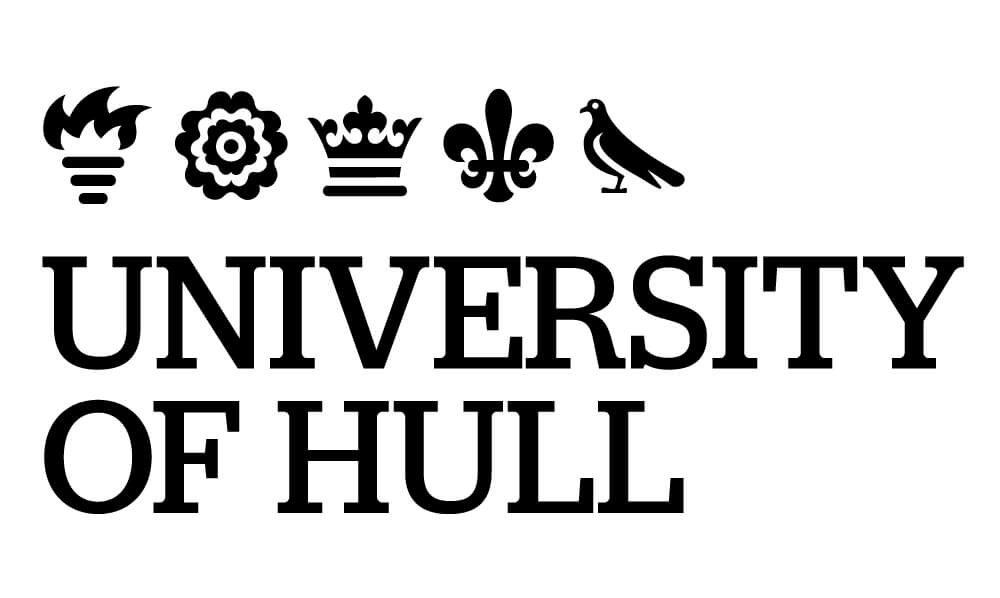Details
- Course: A Level History (Modern)
- Qualification Type: GCE A/AS Level or Equivalent
- Qualification Level: Level 3
- Course type: Full Time
- Duration: 52 Weeks
- Entry Requirements:
5 GCSEs (including English and Maths) at grade 4 or above.
- Available Dates: 02/09/2026 to 30/06/2028
Overview
History at A Level builds on the strong historical skills and understanding of substantive concepts students have developed in their history journey throughout KS3 and GCSE. We have high aspirations for our History students and challenge them to describe and evaluate the significance of historical events, the role of individuals in history and the nature of change over time in both a depth and breadth study. We want our students to be able to formulate supported arguments and judgments about complex historical enquiries. Finally, we inspire a love of history and a genuine interest in the events that have created the modern world.
Details
Themes covered includes:
Russia - 1917-1953
The events of the Russian revolution, the rise of Stalin and Russia's growth into a superpower through it's involvement in World War 2.
England - 1603-1702
The reign of the Stuart monarchs. A turbulent period of history divided by a Civil War, the execution of a King, the creation of a Republic and the growth in the power of Parliament.
Japan in Transformation - 1845-1945
A controlled assessment piece on Japanese history spanning from the age of the samurai to the atomic bomb.
A number of specifications will be changing, and prospectus entries are based on information we have to date. This means that course content may be subject to change.
How will it be delivered?
Two papers at the end of the second year, both worth worth 80 marks.
Coursework of roughly 4000 words completed midway through the second year, worth 40 marks.
You will also be assessed at regular points throughout the year.
What can I do next?
History opens up many options as the skills learnt throughout its study, for example critical thinking, ability to evaluate a woolly argument and having the skills to articulate complex information into simple to follow communications are valued in a wide variety of disciplines.
You could go on to study topics at university like Economics, Politics, Philosophy, History, International Relations and Law, to name but a few.
Careers where History is helpful include heritage management, teaching, archival services, Law, civil service, journalism and politics. It is interesting to note that of Britain’s 50 or so Prime Ministers just shy of one third have been history graduates.











